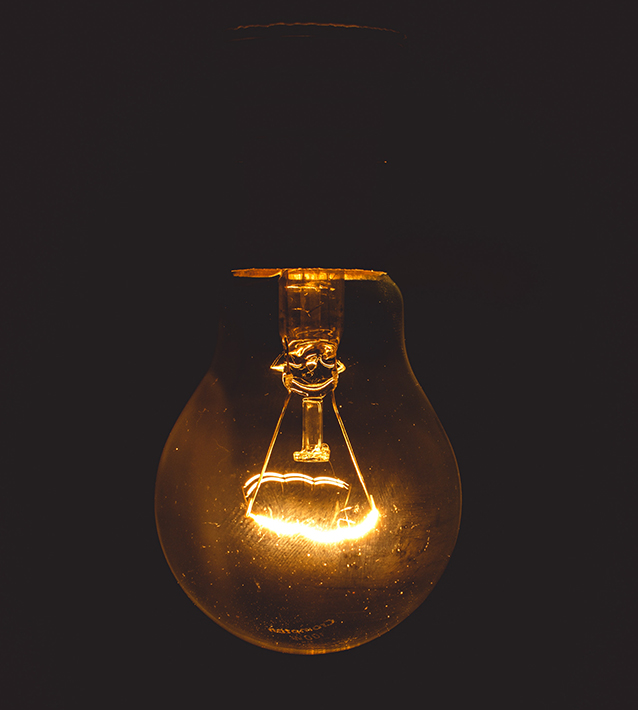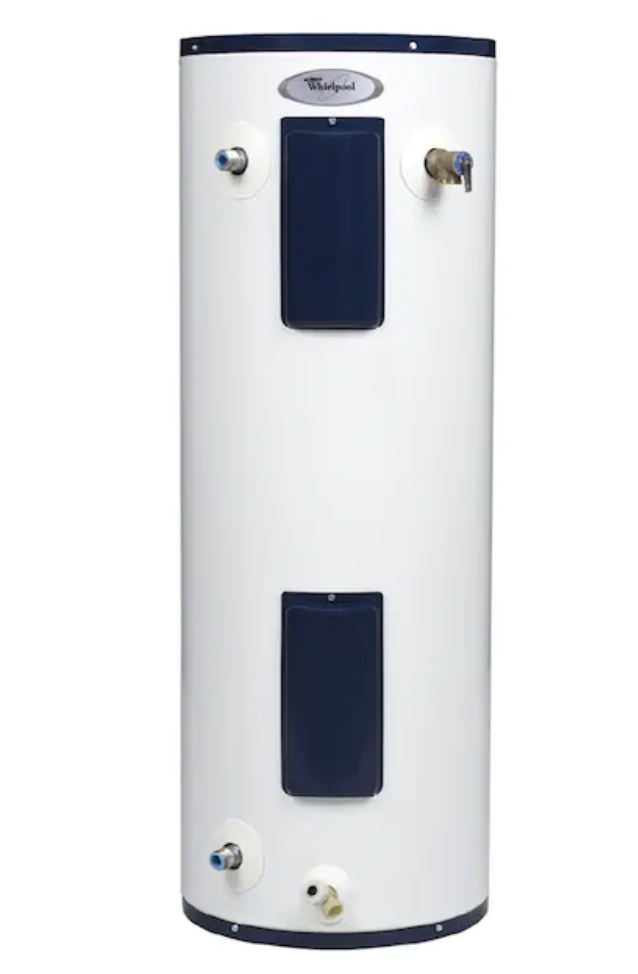
By now you must have noticed that the price of almost everything is rising. Some things you have little control over. Food prices are one example, although you could try eating less, or you can build a backyard garden to raise your own veggies. The cost of energy is on the rise, as well. That’s mostly beyond your control, but there are still some things you can do to conserve energy (and money) around your home.
There are two major reasons for conserving energy at home. The first is to save money on your utility bills, and the second is to do your part to protect the environment. Using less electricity, gas, and heating oil are beneficial to your wallet as well as being beneficial for our planet.
Let’s look at some simple, inexpensive ways you can save energy in your home.
A bright idea
One of the easiest ways to save energy in your home is to replace those old-fashioned , inefficient incandescent bulbs. Compact fluorescent lights and LED bulbs use considerably less energy, with LEDs being the most efficient. How much energy do they save? According to the EPA, if every household in the US swapped just one incandescent bulb with an LED, we’d save about $600 million annually. That’s enough to power 3 million homes for a year.
Energy efficient bulbs cost more off the shelf, but their reduced energy usage and longer expected life spans will save money in the long run. And don’t forget to turn off the lights each time you leave a room.
Speaking of light, reducing energy costs by using natural sunlight is almost a no-brainer. If you are about to build a home, north and south facing windows are better than east and west. It allows for more glancing light, meaning more heat and less harsh light in the winter.
Another way to use natural light is to install skylights or “solar tubes” in your home. Skylights are windows in the roof that let in light. Solar tubes (also called sun tunnels) look like fluorescent lights, but they direct sunlight through mirrors into rooms where they are installed. A word of caution about either of these options: Have them installed by a licensed roofer to avoid water leaks.
In hot water
Your hot water heater is a major energy hog, using about 17% of the power in your home. Since most people are not likely to replace a functioning water heater with a new Energy Star model, there are a few ways to save on your water heating bill.
The first way is to use less hot water. Start by washing your clothes in cold or warm water, rather than hot. If you have a cooler setting on your dishwasher, start using it. Try cutting a few minutes off your shower, and make it just a little cooler, if you can. And install low-flow shower heads. The less water that passes through the fixture, the less water you will need to be heating.
Next, you can turn down the thermostat on your hot water heater. Many are preset to 140º F, but that is hotter than it needs to be and can be a scalding risk. Some folks go as low as 120º, while others like 130º. You may find that you like it somewhere in between.
Another energy saving trick is to get an insulation blanket for your water heater. You can find them at most home supply stores. They keep the water in your tank warmer, so you don’t spend as much keeping it up to your desired temperature.
Baby, it’s cold inside!
It may seem counterintuitive to set your thermostat lower during the cold months, but doing so will help save on your home’s heating cost. Stay warmer by wearing more clothes indoors. Your heat pump won’t work as hard and your wallet will be a bit fatter. Do the reverse in the warmer months. Wear shorts and t-shirts indoors, and keep the AC set just a bit warmer.
Another way to save is to replenish caulk around windows and doors, and install weather stripping in areas where you feel a draft. This will help you in both winter and summer. If you are not sure how to do this, hire a professional. The savings will likely make up for installation costs.
Let it flow
This one is a “blinding flash of the obvious!” Replace your HVAC filters regularly. Change them at least every three months, and sooner if you see signs of dust and dirt on them. With clean filters, your system doesn’t have to work as hard. Not only does this save energy in your home, but it can help extend the life of your HVAC unit.
We’ve explored simple, inexpensive ways to reduce your power bills. If you’re looking to make some real changes, replace old, inefficient appliances (even your heat pump) with Energy Star models. The costs of such replacement may be high, but they might be recouped in just a few energy-saving years.
Buying or selling a home in or near Asheville?
Avoid unpleasant surprises! Contact Asheville Home Inspector Peter Young before signing any contracts. Call (828) 808-4980, or click here to make an appointment.


